

As gaming shifts into the next generation of platforms and devices, recent announcements like Valve’s plan to release the Steam Box and the development of the Ouya haven’t done much to phase the up-and-coming indie game developer presence in Toronto.
“If Steam Box is going to be successful, sure our games are going to be there,” said Hamed Abbasi, Managing Director at Vast Studios, a game company that develops casual and adventure games. “Everybody wants to get into the console market, so it’s all about the economics. Until it comes out though it’s hard to say how we will react to it.”
Game developer Valve, makers of Half-Life and Left 4 Dead, is working on their own version of the gaming PC called the Steam Box. As a gaming machine it will be capable of playing titles on Steam and will have the potential of making high-end games like Skyrim accessible to gamers on a budget. At the same time it’ll allow games found on Android devices to be played as well. Even if all goes according to plan, and AAA titles are made more accessible, Hamed believes Vast’s audience isn’t going to disappear.

“Our target audience of women 35 plus didn’t exist 10 years ago,” said Hamed, “I don’t think our audience is going to switch over to Fallout or the next Call of Duty, and I don’t think people playing Call of Duty are going to switch over to our games. I think it’s a nice balance of diverse audiences playing different games.”
Hamed said he’s glad new consoles and devices are popping up because it means more people could potentially buy their games. He emphasized however that Vast’s main focus will be to act as a content provider, and through the rise of mobile gaming he says it will greatly help their company reach new audiences.
David Heron, senior producer and designer at the award-winning XMG Studio in Toronto, said despite the success of Steam he’s worried if indie studios do have a relationship with the marketplace, their games would still be buried among big titles like Skyrim and Call of Duty, as games like those are often featured on the online store’s main page and given prominence.
“If you have an indie game on the marketplace, and if you’re really lucky, you’ll have a little banner that’ll last three to four days,” he said.
When it comes to devices like the Android platform-running Ouya, which is planned for a June release this year, Heron said it really doesn’t bring anything new to the table.
“Who wants to play Rage of Bahamut on their 40 inch television, no one wants to do that,” he said.
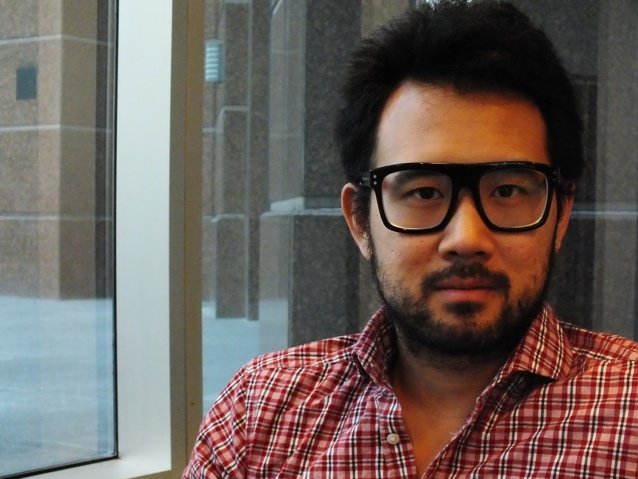 Jaime Woo, one of the founding members of Gamercamp, a video game festival in Toronto, said though many android devices do deliver a powerful presence when it comes to picture quality and resolution, the Ouya’s concept has legs.
Jaime Woo, one of the founding members of Gamercamp, a video game festival in Toronto, said though many android devices do deliver a powerful presence when it comes to picture quality and resolution, the Ouya’s concept has legs.
“There is always space for games to be displayed in very large formats,” he said, “But is the era of a $60 game dead?”
When it comes to the growing presence of indie game companies in Toronto, Woo said the story of Toronto as a game space is continuously being told.
“Toronto was born for this,” he said. “When Microsoft introduced XBLA and Sony introduced PSN, it gave distribution capabilities to independent game developers, and this has really opened things up for developers everywhere.
According to Candevs.ca, over 20 video game companies are located in Toronto, many of which started up in 2008 just like Vast.
“We’ve always seen Toronto as our home for our studio,” said Hamed. “If you’re looking to start a video game company, Ontario is the best place in the world to start it in.”
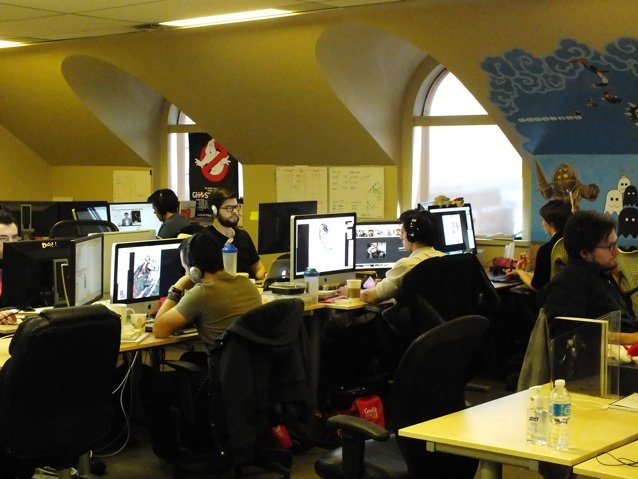
Heron from XMG agrees, and said the large number of co-op placements at their studio for students who go to schools like Humber and Waterloo are a huge contributing factor to the growth of their studio.
“The local talent is huge, and we have about 10 to 20 co-op students come in every year. Some of the top members of our team right now came out of those sorts of scenarios,” he said.
Heron said a greater pull by the government to bring in more talent is evident, and without the government support Ontario receives, opportunities for developers to be more innovative would be limited.
Editor's note: Please excuse the fact that the byline currently reads "Ian Miles Cheong." Alex Coop is the writer.
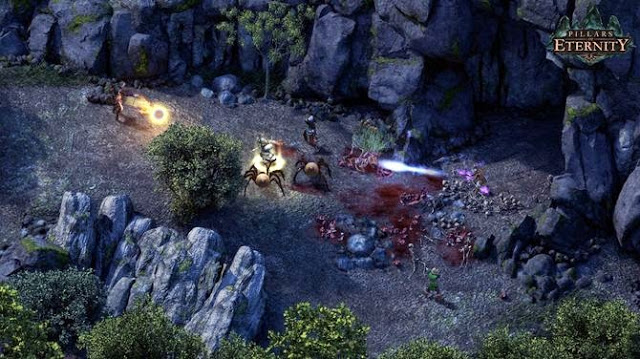
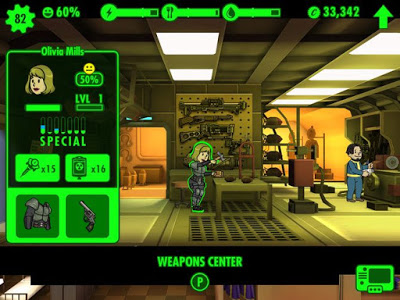


 What Star Wars Can Teach Us About Design
What Star Wars Can Teach Us About Design Gold Guide For Fresh Meat Mission In GTA 5
Gold Guide For Fresh Meat Mission In GTA 5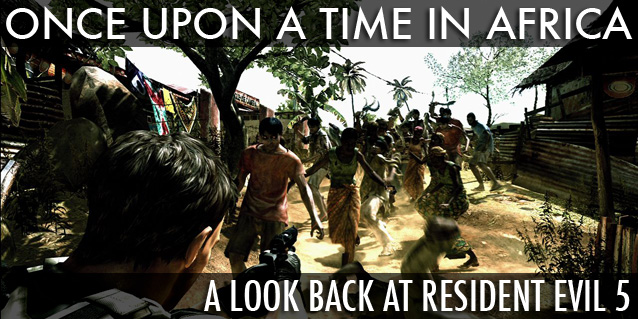 Once Upon a Time in Africa - A Look Back at Resident Evil 5
Once Upon a Time in Africa - A Look Back at Resident Evil 5 Dare House Escape Walkthrough
Dare House Escape Walkthrough Get a $20 Credit When You Buy a $35 Chromecast Now
Get a $20 Credit When You Buy a $35 Chromecast Now